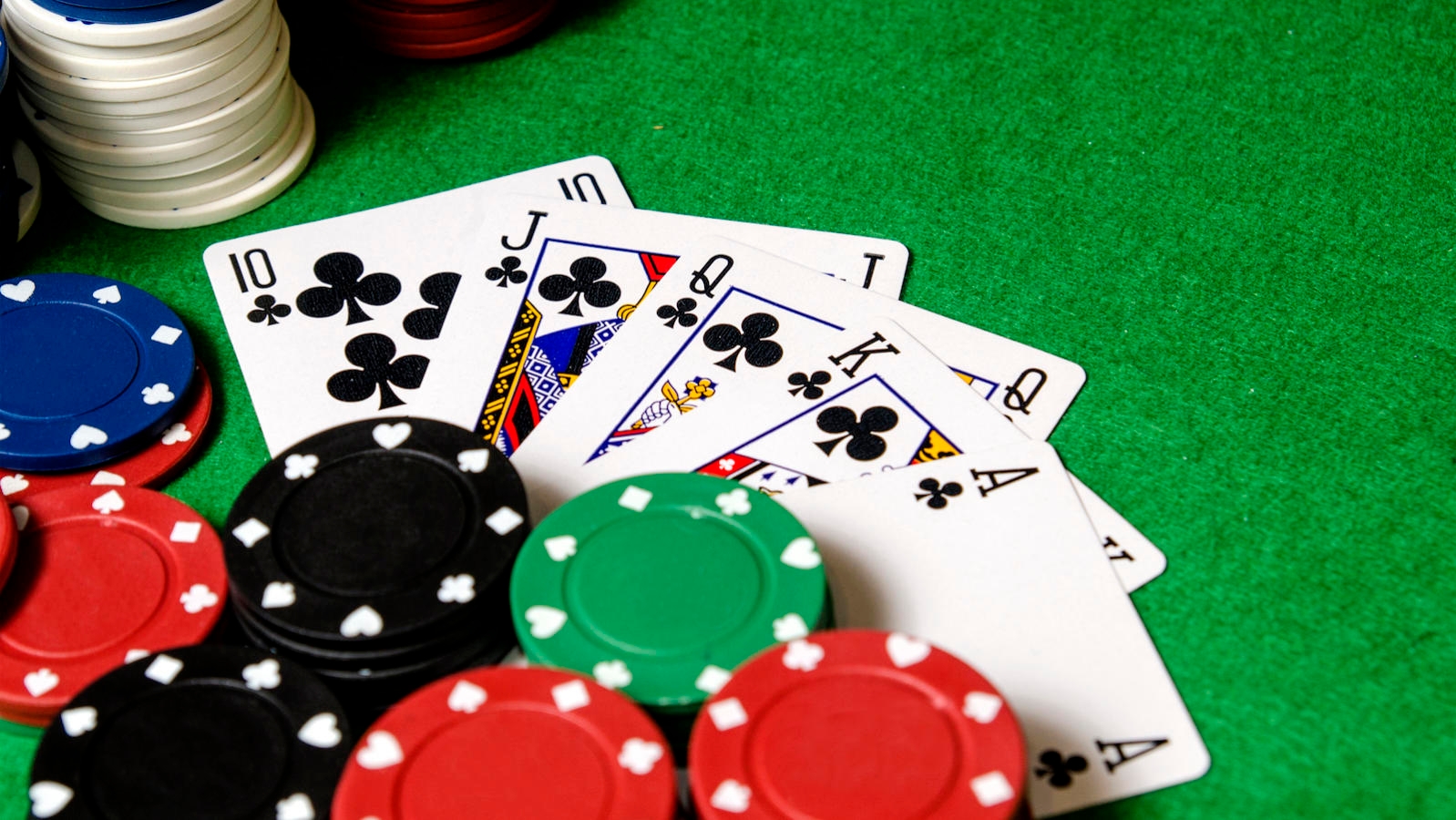While there is no explicit Jewish prohibition on gambling, the rabbis of the Talmud did not have a positive view of the practice. The clearest statement on the matter is in the Mishnah in Sanhedrin, which rules that someone who “plays with dice” is barred from serving as a witness. There is a dispute, however, about the particulars of this prohibition.
According to one opinion in the Mishnah, the prohibition applies only in the case where the gambler has no other occupation — i.e. a professional gambler. Based on this view, the Talmud suggests that the reason such a person is barred from testifying is because they contribute nothing useful to the world. Another opinion suggests that gambling is a form of thievery, since the losing party to a bet gives up their money against their will. This rationale would suggest that even an occasional gambler cannot serve as a witness. However, this opinion is not universally accepted, since presumably both parties to a bet engage in the wager willingly and therefore accept upon themselves the possibility of loss.
The halachic permissibility of gambling rests on which of these is the reason for invalidating a gambler as a witness. If it’s merely because gambling is a frivolous pursuit, then the occasional bet may be permitted. If gambling is thievery, then it’s prohibited at all times, which is the view of some rabbinic authorities. In either case, compulsive or professional gambling would be forbidden.
There is some question of whether the latter approach would apply to all forms of gaming, or merely to bets or wagers, in which one party wins and the other loses. Some forms of casino gambling, in which one plays against the house rather than other players, may not run afoul of the concern regarding theft. It’s also questionable whether lotteries run into this problem. Some authorities, like the late Sephardic Chief Rabbi Ovadia Yosef, have ruled that buying lottery tickets is form of stealing, since the person who purchases a ticket may have assumed he would win and therefore surrenders his money unwillingly. The late Israeli Rabbi Ovadia Hedaya has ruled that lotteries are permitted, since one is not taking money directly from another person but rather from a pool of money. Lotteries, raffles and the like, when undertaken for charitable purposes, are not considered forbidden and there are many examples, both historic and current, of Jewish communities running lotteries for fundraising purposes.
None of these considerations address the moral perils of gambling, which has commanded the attention of Jewish authorities throughout history and even in the present day. Excommunication, flagellation, fines and the denial of synagogue honors were common penalties for those who transgressed gambling regulations. Compulsive gamblers were described as sinners, charged with harming family life and forgetting God. The habit has been described as abominable, ugly, frivolous and morally impure. According to the Tul HaAroch, a commentary on the Torah by the medieval authority Rabbi Jacob ben Asher, Moses warned the Jewish people before his death not to become corrupted by gambling.
Indeed, some understand the sheer volume of these efforts to suppress gambling, and the large number of exceptions to those rulings, as evidence of its popularity among Jews. Historically, the prohibition on gambling was relaxed on minor Jewish holidays like Hanukkah, Purim and the monthly sanctification of the new moon (Rosh Chodesh). Authorities in Bologna in the 15th century specifically permitted playing cards on fast days “in order to forget the pain, provided one wagers no more than one quattrino at a game per person.” Similar exceptions were made in medieval Europe on the occasions of weddings and births and on Christmas Eve, known in some Orthodox communities as “Nittel-Nacht.”
In contemporary times, concerns about the corrosive effects of gambling, particularly gambling as an addiction, have persisted. In the 1980s, the Federation of Jewish Philanthropies (today UJA-Federation of New York) ran a task force on compulsive gambling to address what one official called “a problem of some magnitude in the Jewish community.” Shmuly Yanklowitz, an Orthodox rabbi and social justice activist, has penned several articles in recent years that invoked longstanding Jewish concerns about the dangers of gambling, noting also studies that link gambling addiction to bankruptcy, domestic abuse, criminality and even suicide risk.
A number of Jewish groups offer gambling treatment programs. Beit T’Shuvah, a Jewish residential treatment program in Los Angeles, offers help with gambling addiction, as do a number of local Jewish Family Services organizations.
Mishnah
Pronounced: MISH-nuh, Origin: Hebrew, code of Jewish law compiled in the first centuries of the Common Era. Together with the Gemara, it makes up the Talmud.
Talmud
Pronounced: TALL-mud, Origin: Hebrew, the set of teachings and commentaries on the Torah that form the basis for Jewish law. Comprised of the Mishnah and the Gemara, it contains the opinions of thousands of rabbis from different periods in Jewish history.
halachic
Pronounced: huh-LAKH-ic, Origin: Hebrew, according to Jewish law, complying with Jewish law.
halacha
Pronounced: hah-lah-KHAH or huh-LUKH-uh, Origin: Hebrew, Jewish law.



